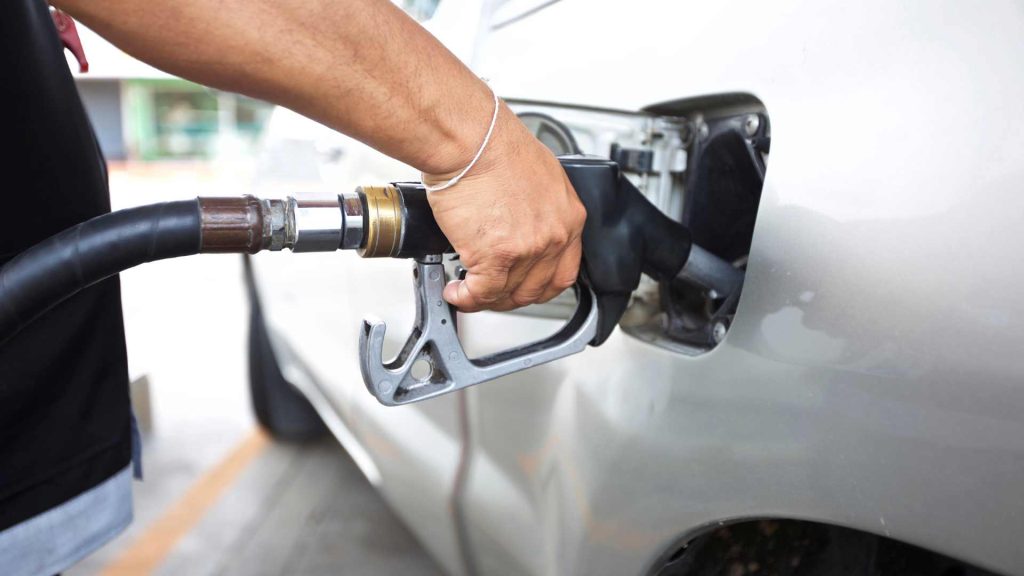
How Do I Track Fuel Expenses for a Fleet?
How Do I Track Fuel Expenses for a Fleet? Managing fuel expenses is a critical component of fleet operations, as fuel costs often represent a

Maximizing Fuel Efficiency in Fleet Operations
Fuel efficiency is a crucial factor for fleet managers seeking to reduce operational costs and minimize environmental impact. Implementing effective fuel efficiency strategies can lead to significant savings and improved fleet performance. This guide explores proven techniques for optimizing fuel usage in fleet operations.
Regular vehicle maintenance plays a vital role in fuel efficiency. Ensuring that all fleet vehicles are properly maintained can prevent mechanical issues that lead to excessive fuel consumption.
Key Maintenance Practices:
Efficient route planning helps reduce unnecessary fuel consumption by minimizing idling time, avoiding congestion, and selecting the shortest routes.
Best Practices for Route Optimization:
Driver behavior has a significant impact on fuel efficiency. Implementing driver training programs can enhance fuel economy and reduce overall costs.
Fuel-Saving Driving Techniques:
Advanced fuel management systems provide real-time data on fuel usage, helping fleet managers make informed decisions.
Benefits of Fuel Management Systems:
Upgrading to more fuel-efficient vehicles can lead to long-term savings and environmental benefits.
Considerations for Selecting Fuel-Efficient Fleet Vehicles:
Excess weight and poor aerodynamics can contribute to increased fuel consumption.
Ways to Minimize Fuel Waste Due to Load and Drag:
Exploring alternative fuels can significantly lower fuel expenses and reduce emissions.
Alternative Fuel Options:
Fuel prices fluctuate regularly, and fleet managers can take advantage of cost-saving opportunities.
Fuel Purchasing Strategies:
Excessive idling wastes fuel and increases engine wear.
Idle Reduction Techniques:
Telematics technology offers real-time monitoring and analytics to enhance fuel efficiency.
How Telematics Improves Fuel Efficiency:
Fuel efficiency is a critical aspect of fleet management that impacts cost savings and environmental sustainability. By implementing preventive maintenance, optimizing routes, training drivers, leveraging fuel management systems, and adopting alternative fuel options, fleet managers can significantly reduce fuel consumption and enhance operational efficiency. Fleet Gas Co provides expert insights and resources to help businesses improve their fleet’s fuel efficiency and maximize long-term savings. Our solutions empower fleet owners with data-driven strategies to cut fuel costs and increase overall profitability.

How Do I Track Fuel Expenses for a Fleet? Managing fuel expenses is a critical component of fleet operations, as fuel costs often represent a

Technology Solutions for Fuel Management The Role of Technology in Fuel ManagementFuel costs are one of the largest expenses for fleet operations, making efficient fuel

Maintenance Tips for Optimal Fuel Performance The Importance of Proper Maintenance for Fuel EfficiencyRegular vehicle maintenance is one of the most effective ways to improve

Impact of Fuel Prices on Fleet Operations How Fuel Price Fluctuations Affect Fleet ManagementFuel costs are one of the largest operational expenses for fleet managers,

Cost Management for Fleet Fueling Understanding Fleet Fuel Costs and Their ImpactFuel expenses are one of the most significant costs for fleet operations, often accounting

Fuel Efficiency Strategies for Fleet Vehicles Maximizing Fuel Efficiency in Fleet OperationsFuel efficiency is a crucial factor for fleet managers seeking to reduce operational costs